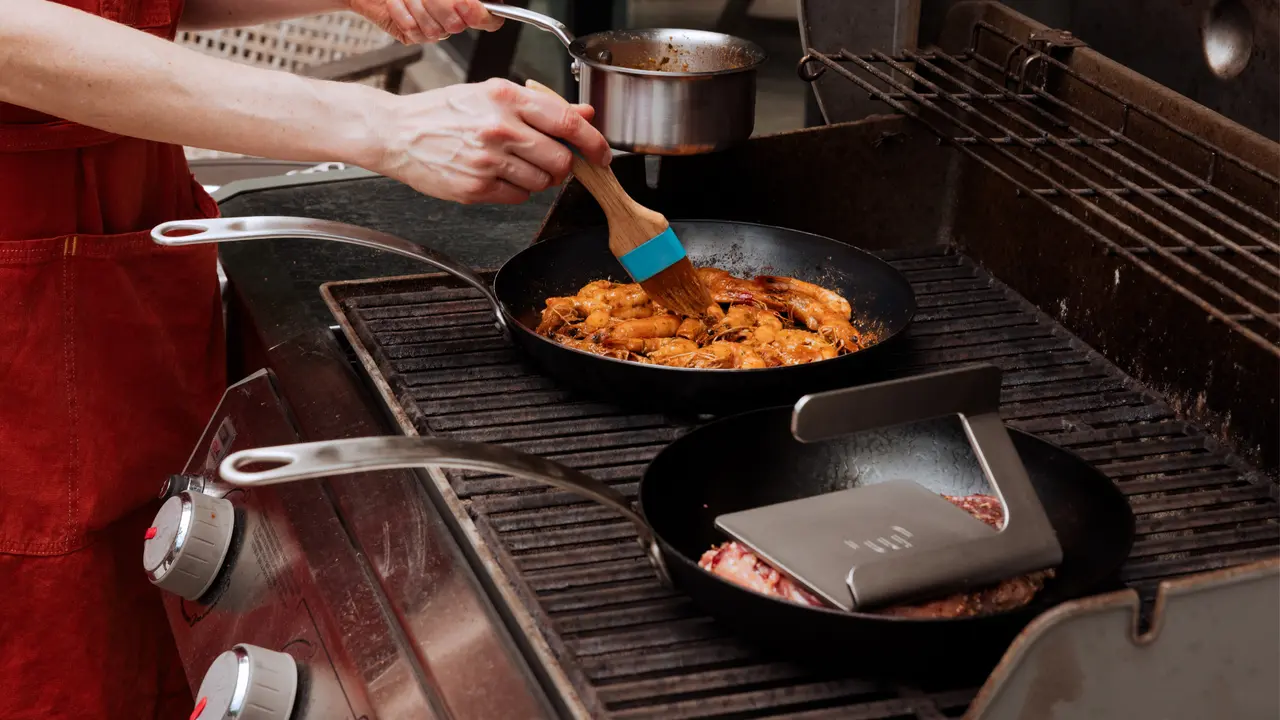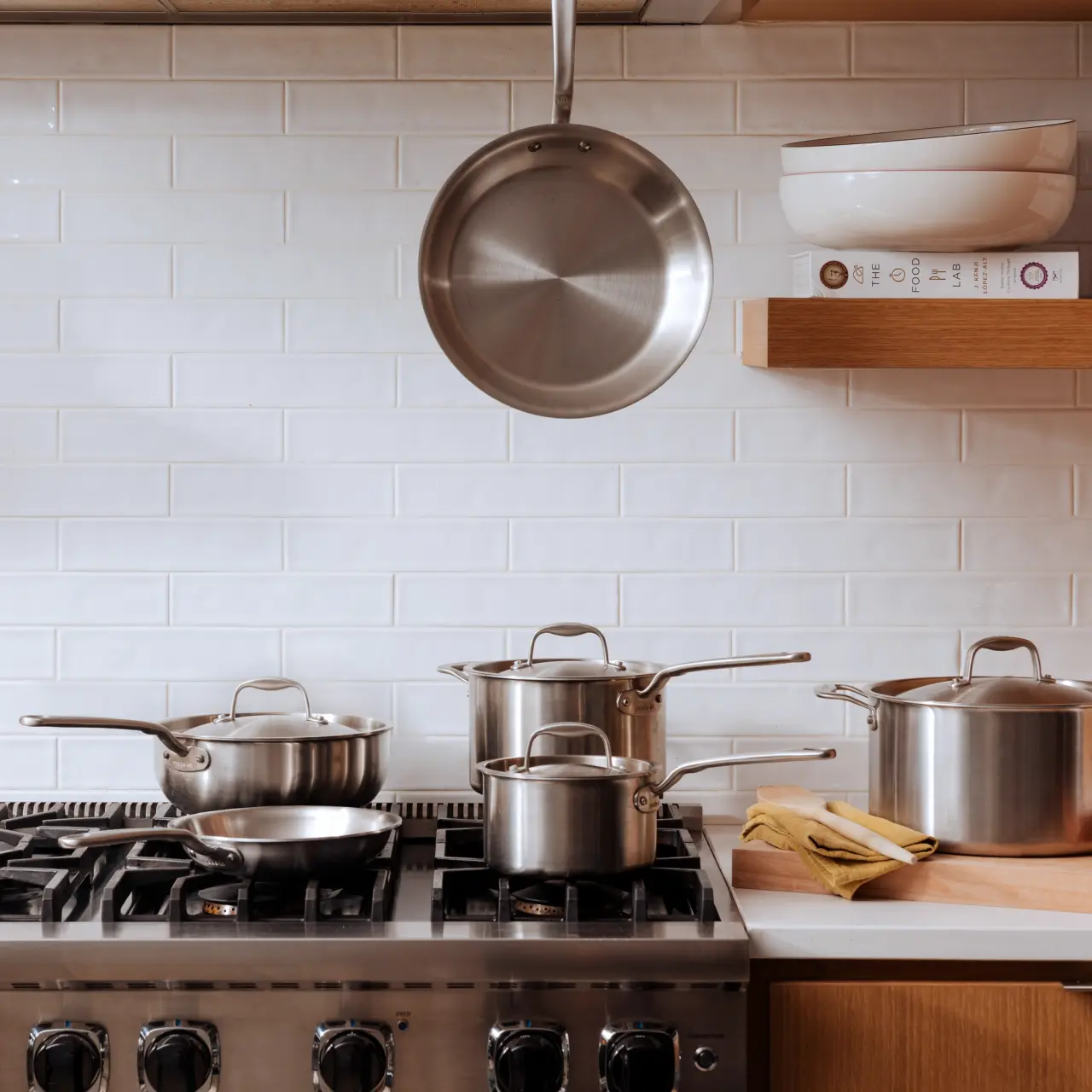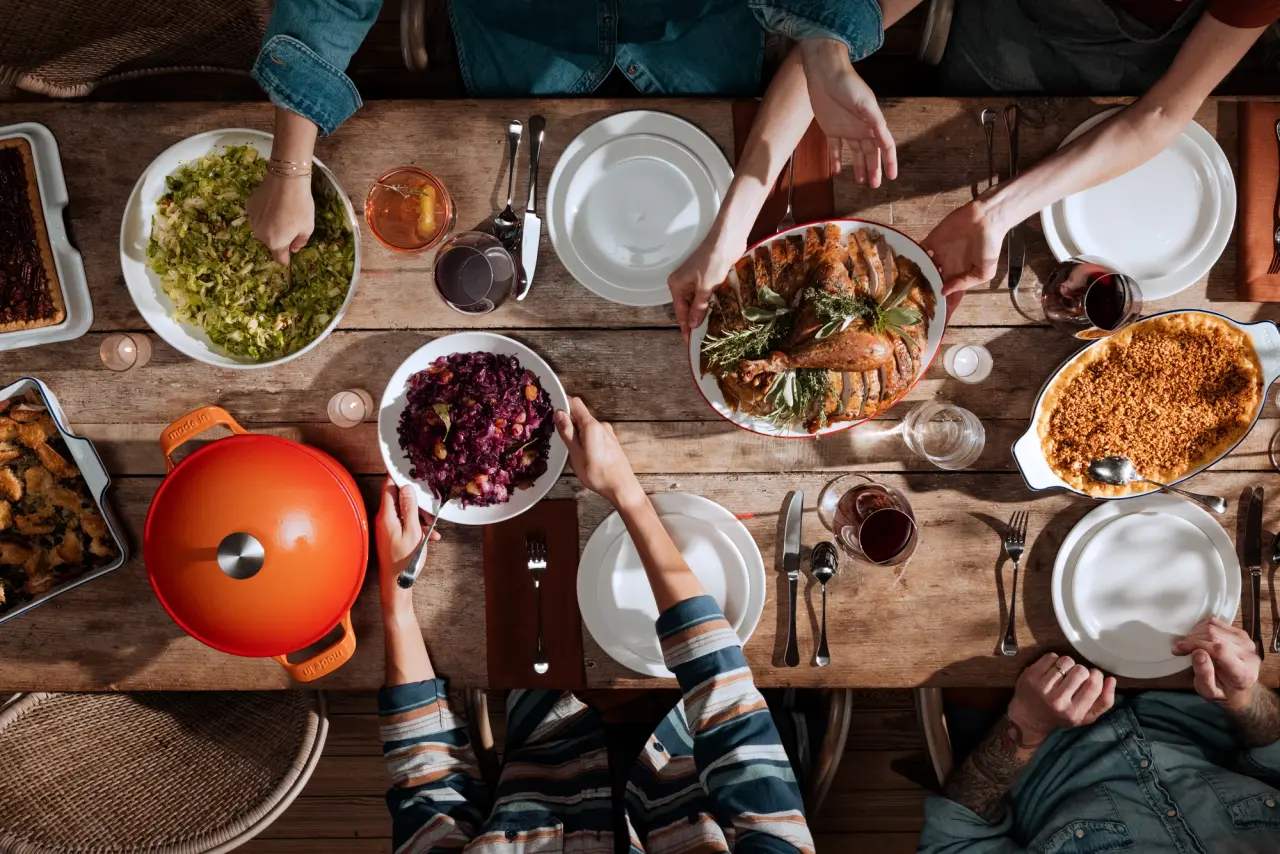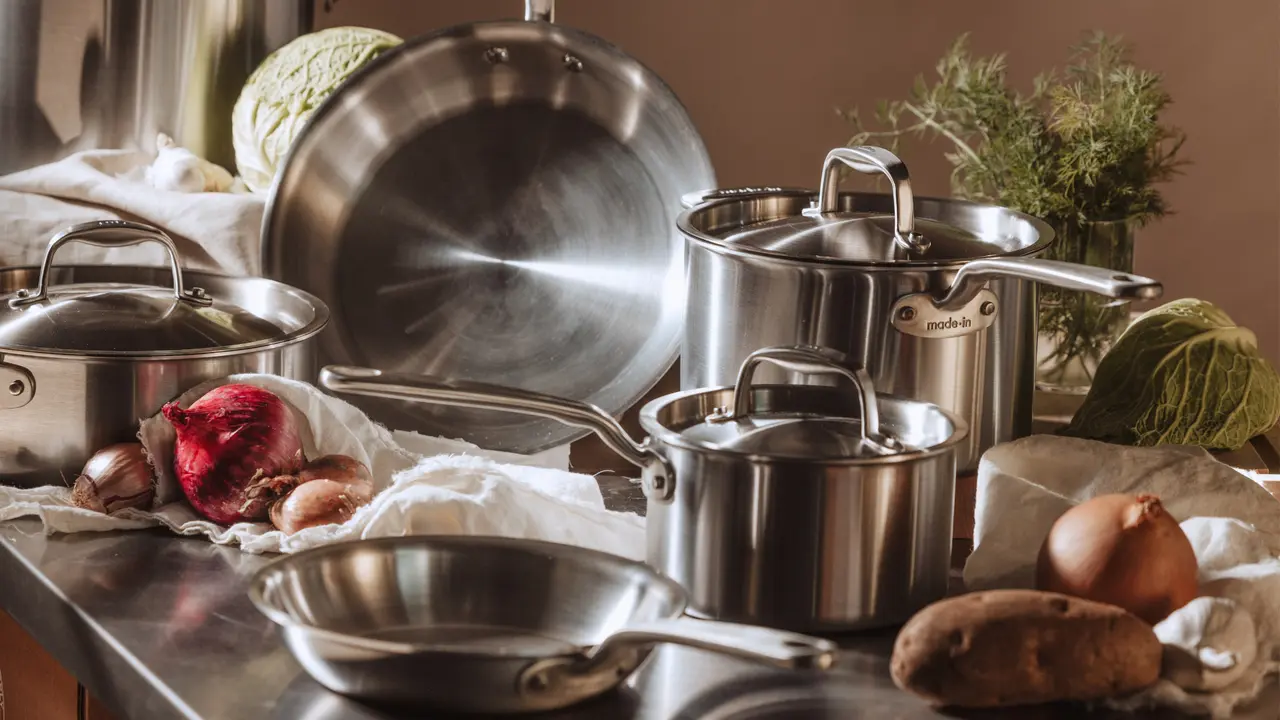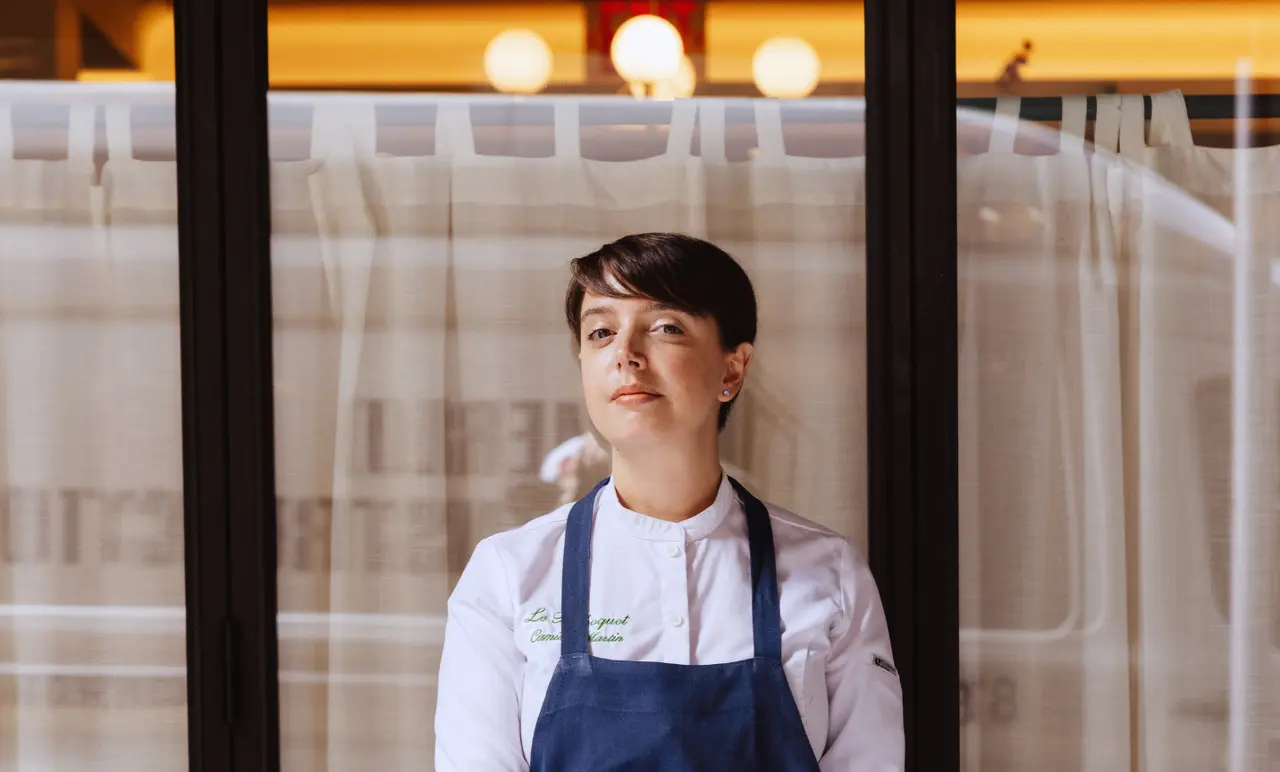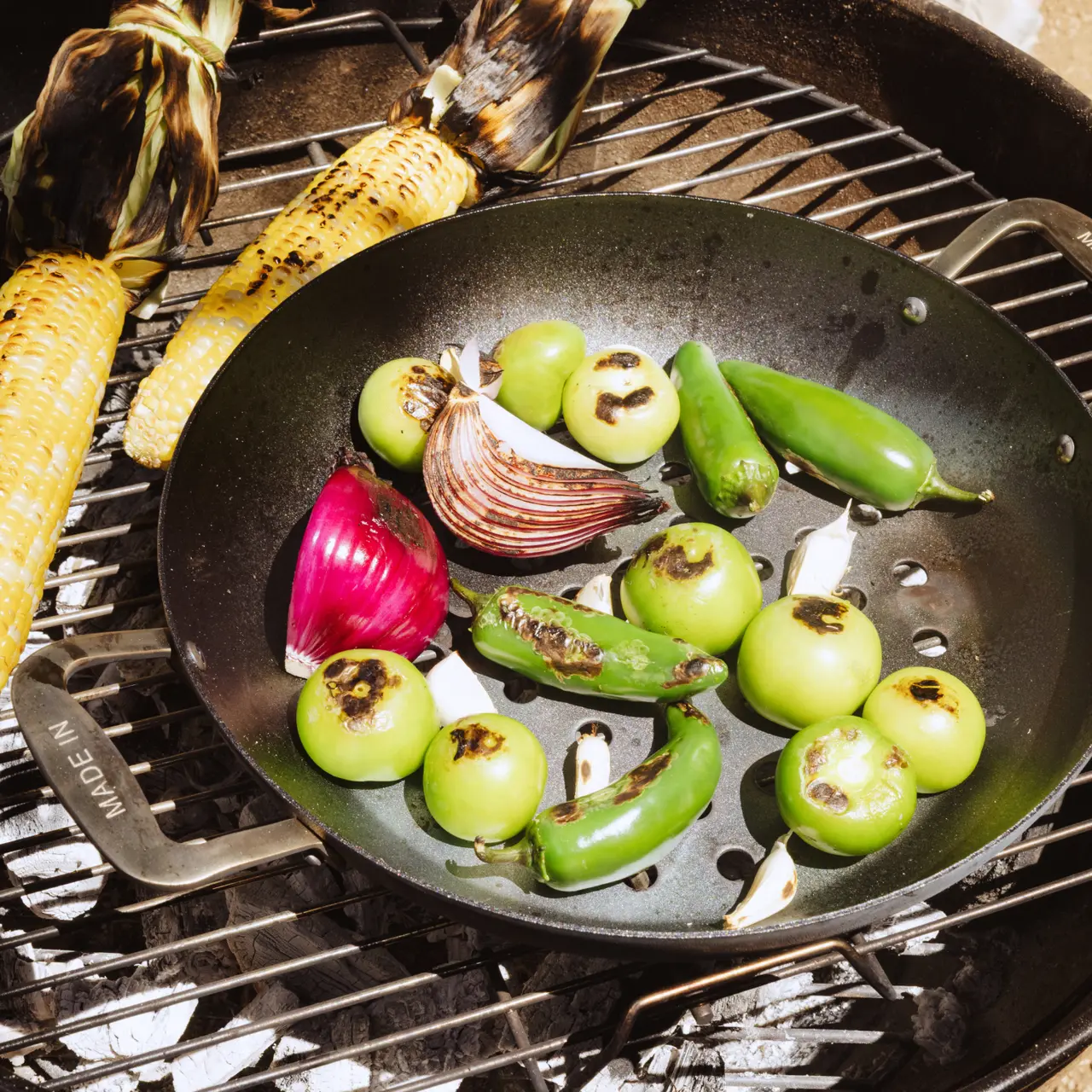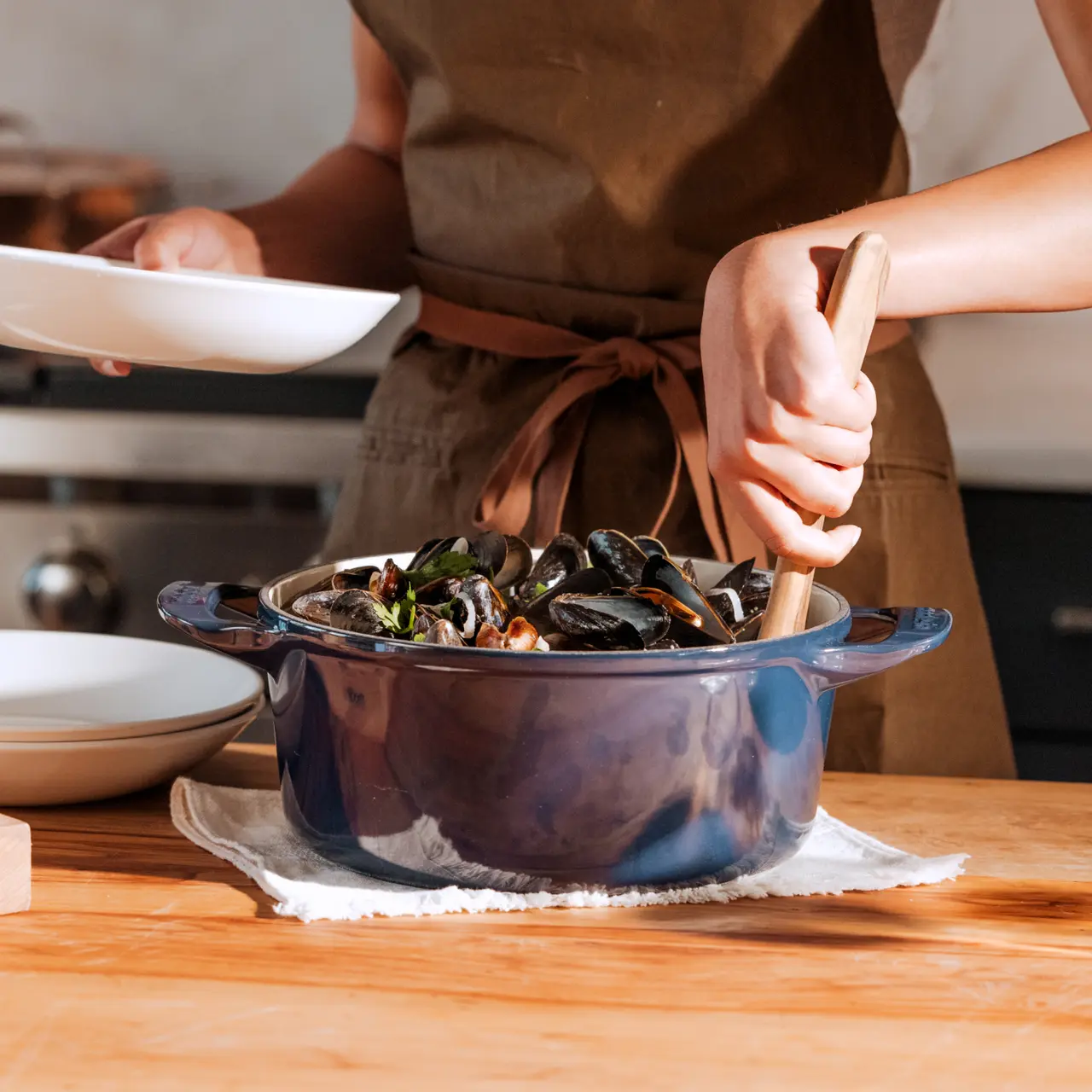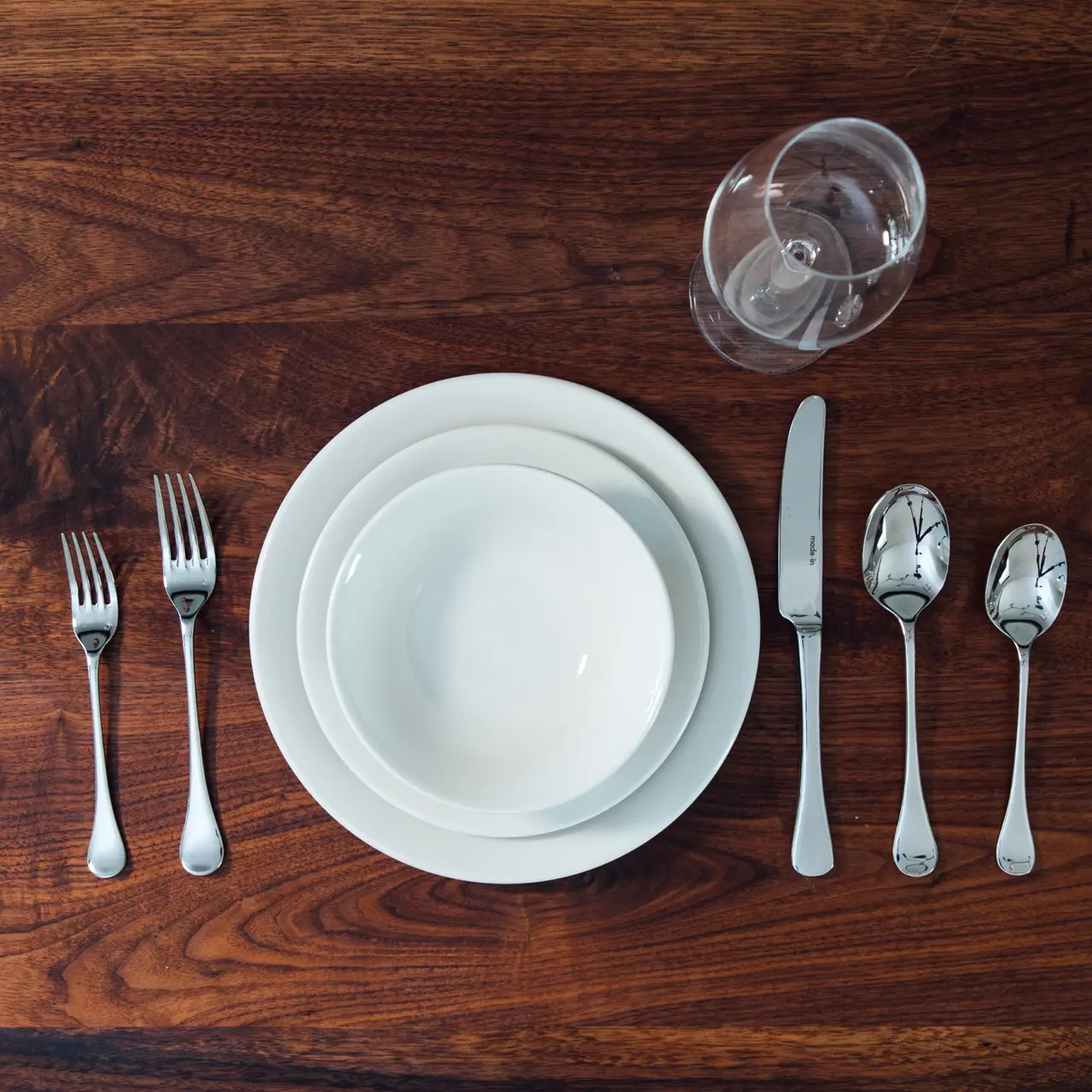When one walks into the doors of Xilonen, they are flooded with natural light, exquisite design, and, of course, the enticing smell of warm tortillas wafting endlessly from the kitchen. The space gives off a sense of effortlessness, of ease, of simplicity. Things, quite simply, feel as though they make sense.
The Chef de Cuisine, Yara Herrera, is in the back, warming house-made tortillas, beans and scrambling eggs rapidly. The multitasking comes naturally: nothing is left idle for too long, and it’s not long before the dish, Huevos Rancheros, is ready for the table-of-two sitting out front, enthralled by the pure splendor of New York in Fall.
Complete with eggs, guacamole, and a freshly made salsa verde, one can’t help but get the sense that this is beyond natural for her, that she must’ve been doing this, cooking in this way, forever.
But somehow, she hasn’t. While Herrera didn’t grow up cooking, it’s difficult to divorce the techniques she now utilizes everyday from her childhood. “My mom was a busy mom, we had beans, and that was about it,” she remembers. “I never thought Mexican food was anything special. Now, I’m asking my mom how she makes a gordita, the traditional way, so I can stuff it full of vegetables and transform it into my own version.”
Growing up in Los Angeles, as the oldest of three sisters and a first-generation American, Herrera felt the need to always make her mom proud. “I never wanted to disappoint my mom,” she says, adding “that always meant, the most important thing, was that I go to college.”
She didn’t do that either, at least not in a “traditional” way. One day, during her Senior year of high school, in Home Ec class (because, where else?), Herrera realized that she was really good at cooking. “I was making pancakes or something stupid, and I couldn’t help but be impressed with myself: I was a natural.”
She decided instead, to apply to culinary school, under the guise to her mother that it was still school. “She didn’t know the difference,” she laughs, “It worked out: my mom thought I was at school, and I was just having fun with food.”
Culinary School brought its own set of challenges. “I remember one day we were told to make mashed potatoes, and everyone just started making them. Meanwhile, I’m standing there, like what are those?”
“My sisters and I grew up in a really traditional Mexican household,” Herrera remembers. “That meant we didn’t go out to eat, we always ate Mexican food at home, and that I didn’t know all of the things everyone else did—we never had turkey, or mashed potatoes, or any of those ‘normal’ things.”
Perhaps this is why Herrera avoided working in a Mexican restaurant for so long after graduating. “I really wanted to learn things that were fun, and interesting and weren’t related to my culture, like Japanese techniques or French ones,” she says. “I didn’t care about Mexican cooking, I didn’t think there was anything special to it.”
Herrera landed a job at Providence in Los Angeles, then Majordomo, where she met David Chang. Then in early 2020, he asked her, personally, if she’d like to move to New York to work at Momofuku Ko. What could she say but “of course.”
“I remember one day we were told to make mashed potatoes, and everyone just started making them. Meanwhile, I’m standing there, like what are those?"
It didn’t take long for Herrera to find herself out of a job. Momofuku was the highest profile restaurant group to close all of its restaurants as a result of COVID at that time, leaving Herrera with more questions about her life than answers.
“I literally just came here to work at this restaurant,” Herrera recalls, “and I just didn’t know what to do anymore.” It was a time of existential dread, where she began to wonder why she was in New York in the first place and she found herself planning her return to LA.
But, still bound by her lease, she bided her time. She took the break from work and began to realize how unhappy she had been in Michelin-Starred kitchens.
She started to develop an interest in farming and foraging and applied to a program through World Wide Opportunities through Organic Farms (WWOOF), in collaboration with Dan Barber’s Blue Hill Farm.
For a few months, she lived and worked on a farm, understanding the harvest cycles, and how food was and is grown. Blue Hill paired this immersive experience with Zoom courses that brought all of these chefs, recently laid off, now living on farms, together to discuss issues like utilizing the whole animal, or sustainable agriculture and its components.
But perhaps the most revealing moment wasn’t the farming itself for Herrera, but how those fresh ingredients were utilized in the farm kitchen.
“I became interested in what my host family would make with, say, the peppers they just grew, and it became a challenge to see how I could cook them in an entirely different cuisine.” For example, they had never seen a tamale before Herrera showed them, and on the flip side, Herrera had never created one with fresh vegetables such as these.
“Living on the farm just reminded me of all the things that are possible if you don’t confine yourself to a city,” Herrera says. “It helped me become less of a consumer, and more of a creator.”
“I became interested in what my host family would make with, say, the peppers they just grew, and it became a challenge to see how I could cook them in an entirely different cuisine.”
Xilonen, a plant based Mexican restaurant, is never where Herrera thought she’d end up. But now that she is, it couldn’t make more sense to her.
As we walk through her kitchen, she points out the two different paths. The first, a room occupied with two older women, who grind all of the corn and make all of the tortillas in a traditional style. “They make me feel like I’m cooking with my mother,” Herrera smiles. Then, through a door, her line cooks, schooled and well versed in the culinary arts.
“I love that these two worlds can collide here,” Herrera says. “It makes me feel more comfortable with tradition, as well as expanding from it, and creating my own.”
Take the story of one of Xilonen’s most popular dishes as an example. One day, the restaurant ran out of chorizo and because it was a Saturday, they couldn’t get more. In a last ditch effort, she mixed together poblanos, onions, and created what she calls a fajitas quesadilla. “I didn’t think it’d sell, I wasn’t the proudest of it, but it was an immediate hit. We sold so many that we ran out of cheese that week.”
Herrera’s goal is to utilize commonplace ingredients in interesting and unique ways. “For me, I don’t just want to cook what’s in season. I want to cook what’s most available.” For her that means that instead of finding the rarest ingredient possible, or using solely the filet mignon and throwing out the rest of the cow, she’s interested in making it cool to approach food in a way that helps her environment.
It’s difficult for her, coming from Michelin-starred kitchens. “I always feel the need to wow people,” she says, mixing some salsa in a bowl by her side. “But I realized that it doesn’t have to be like that. All you need is delicious ingredients, and a technique you’re comfortable sharing to create something wonderful.”

